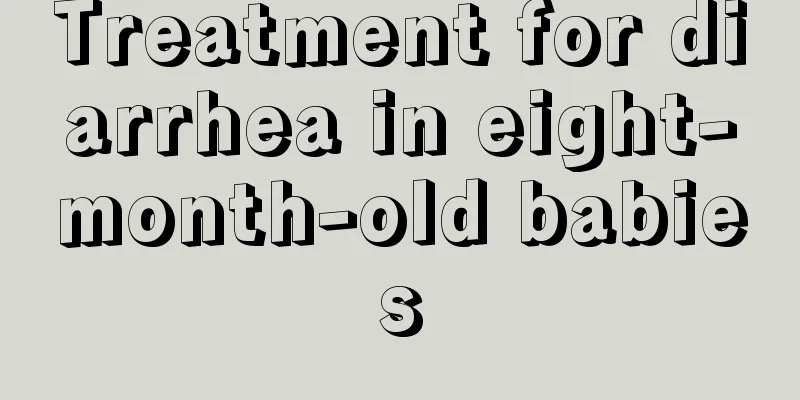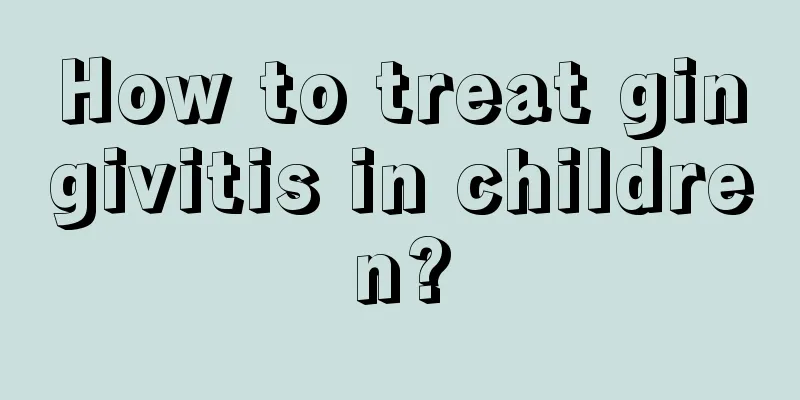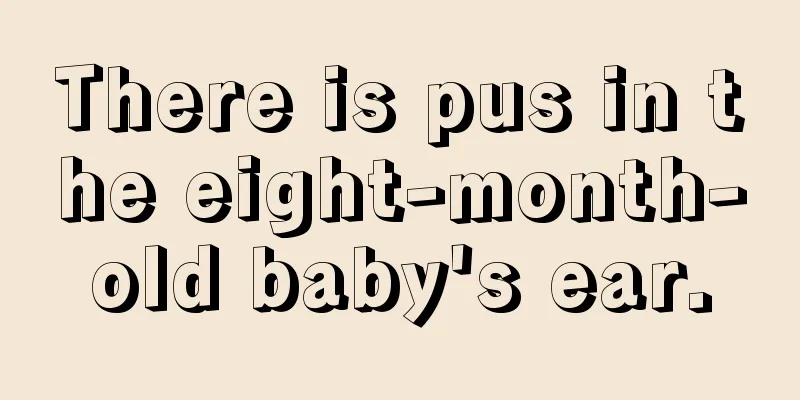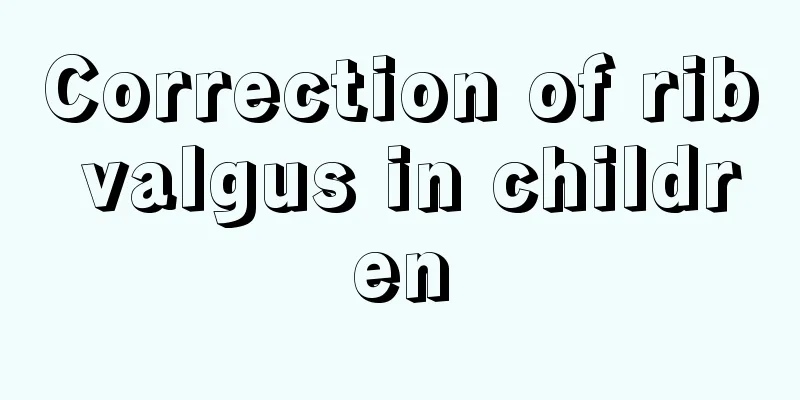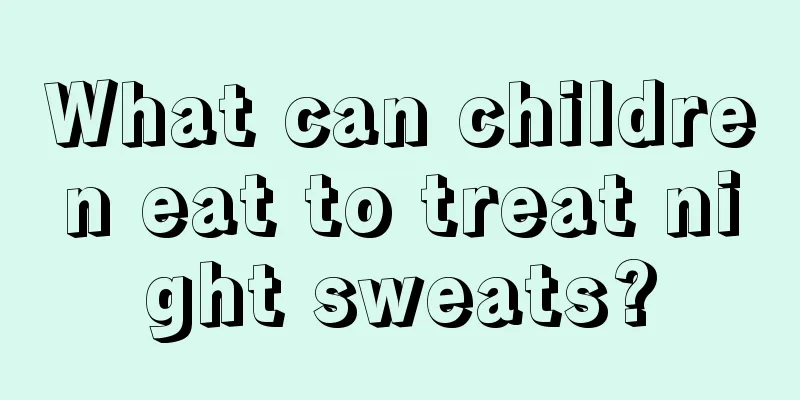Symptoms of myocarditis in babies
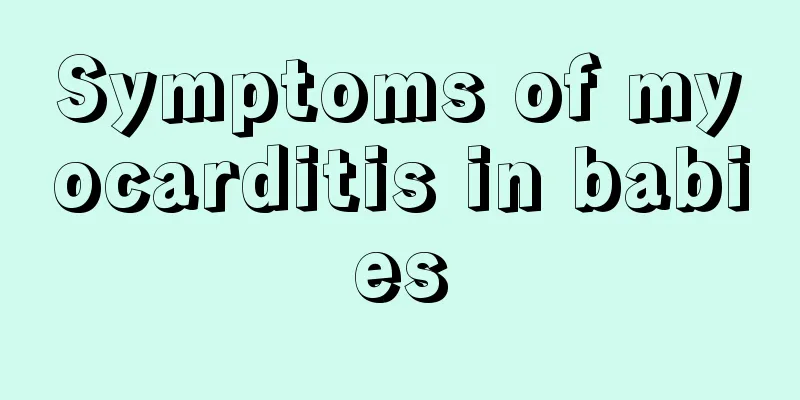
|
Myocarditis does not only occur in adults. In fact, many children are also troubled by myocarditis. It may even affect their normal breathing, causing chest pain and even obvious shortness of breath. Severe cases may be accompanied by whole body convulsions and shock. Myocarditis is very harmful. These symptoms alone are enough to cause the child's body to be unable to bear it, so timely treatment is required. Symptoms of Myocarditis 1. Different myocarditis symptoms vary. Some patients with myocarditis have milder heart symptoms, but often experience dizziness, nausea, loss of appetite, and are prone to fever. In addition, breathing is generally rapid, and there is even swelling in the calf area. 2. Some cases of myocarditis have more severe symptoms, with the heart becoming significantly enlarged, heartbeats becoming abnormal, and heart sounds becoming chaotic. Such patients often have irregular heartbeats, very rapid breathing, and even pain in the chest. In more serious cases, there may also be symptoms of shock and whole body convulsions. 3. Some patients with myocarditis have relatively mild symptoms, but they often feel weak all over and easily feel panicky. If these patients can go to a specialist hospital for treatment as soon as they feel unwell, they can restore their health. Daily care methods for patients with cardiomyopathy 1. Provide adequate nutrition and adopt a high-protein, high-vitamin, low-salt diet. Those with high fever should be given nutritious liquid or semi-liquid diets, and it is advisable to eat small meals frequently. 2. People with heart failure or severe arrhythmia must stay in bed and rest. Those with breathing difficulties should be given oxygen and placed in a semi-recumbent position if necessary. When heart failure has not occurred, avoid fatigue, prevent infection, maintain heart function as much as possible, and avoid or delay the occurrence of heart failure. Talk to patients, understand their thoughts and concerns, relieve their psychological pressure, take care of their diet and daily life, and promote physical and mental rest. 3. Observe changes in heart rate, heart rhythm, pulse, blood pressure, respiration, body temperature and urine volume, and pay attention to any edema and embolism symptoms. If any abnormality is found, notify the doctor in time and take appropriate measures. |
<<: What should you pay attention to when choosing eye drops suitable for children?
>>: Can children use adult eye drops?
Recommend
What to do if your child has a white tongue coating
Recently, many children have white tongue coating...
What to do if your child has a recurring fever
Generally speaking, infants are prone to fever, m...
Symptoms of aversion to milk in four-month-old baby
Nowadays, many babies have a good appetite for br...
What to do if nephrotic syndrome relapses in children
For many families, the health of their children i...
Why are newborn babies' faces different in size?
It is not uncommon for newborns to have faces of ...
What's wrong with the sound in the baby's throat?
I believe some people don’t know about congenital...
What happens if a child’s platelet count is lower than normal?
Platelets are very important to the human body. T...
What causes bacterial infections in children?
Bacterial infection is a very common phenomenon i...
What to do if your one-year-old baby crosses his eyes
Cross-eyes is a symptom of the two eyes being una...
How to treat baby drooling chin eczema
Infant eczema, also known as milk rash, is a comm...
Treatment for children's blinking
Children should pay attention to some physical ch...
How many days does it take for a child to recover from influenza A?
Influenza A is a very strong type of influenza. I...
What is the head circumference of a 2-year-old baby?
The healthy growth of the baby is very important ...
What to do if your baby has nasal mucus
Having nasal mucus is a normal physiological phen...
What is the cause of red spots on the baby's body?
The baby is cared for by the whole family as soon...

